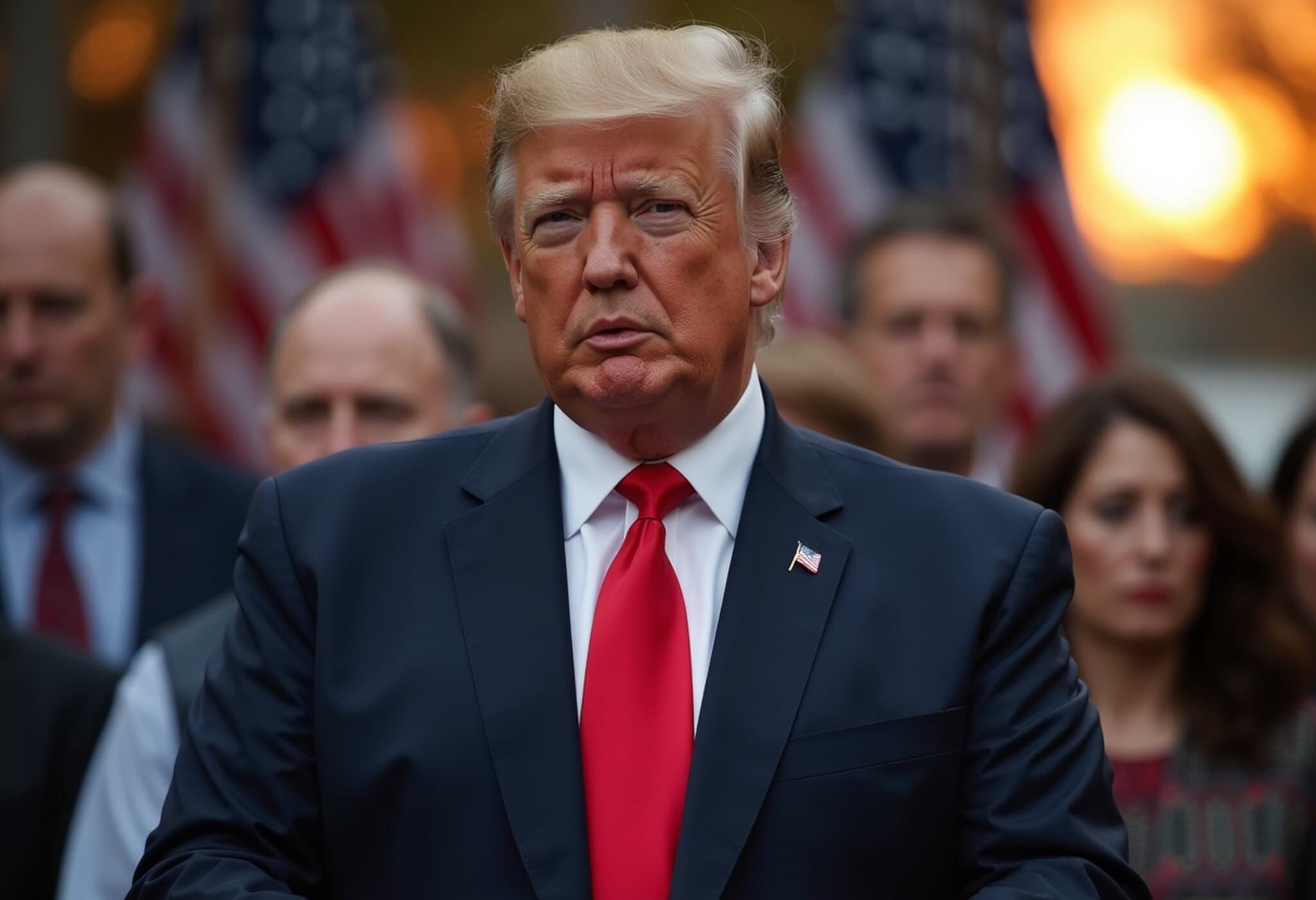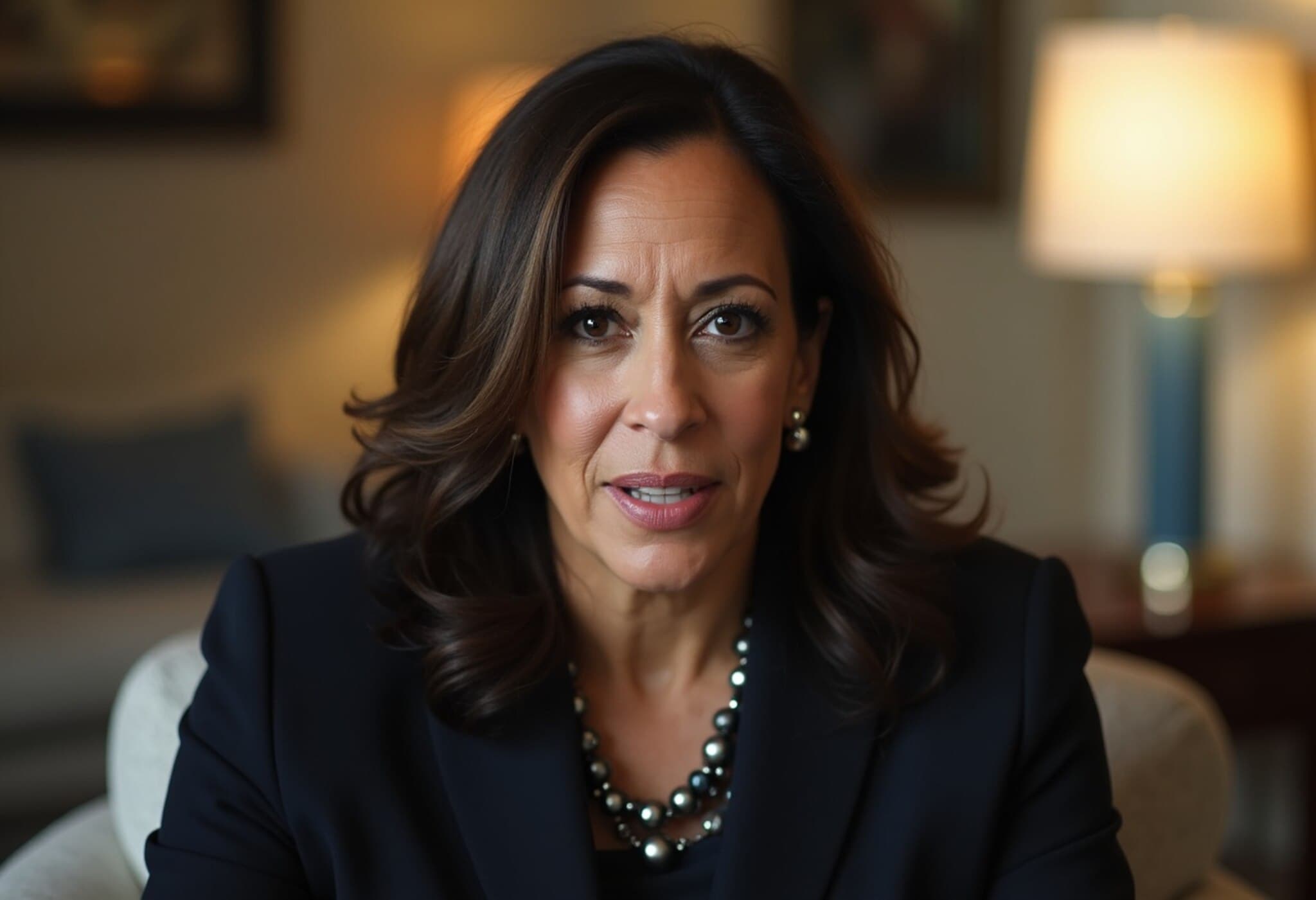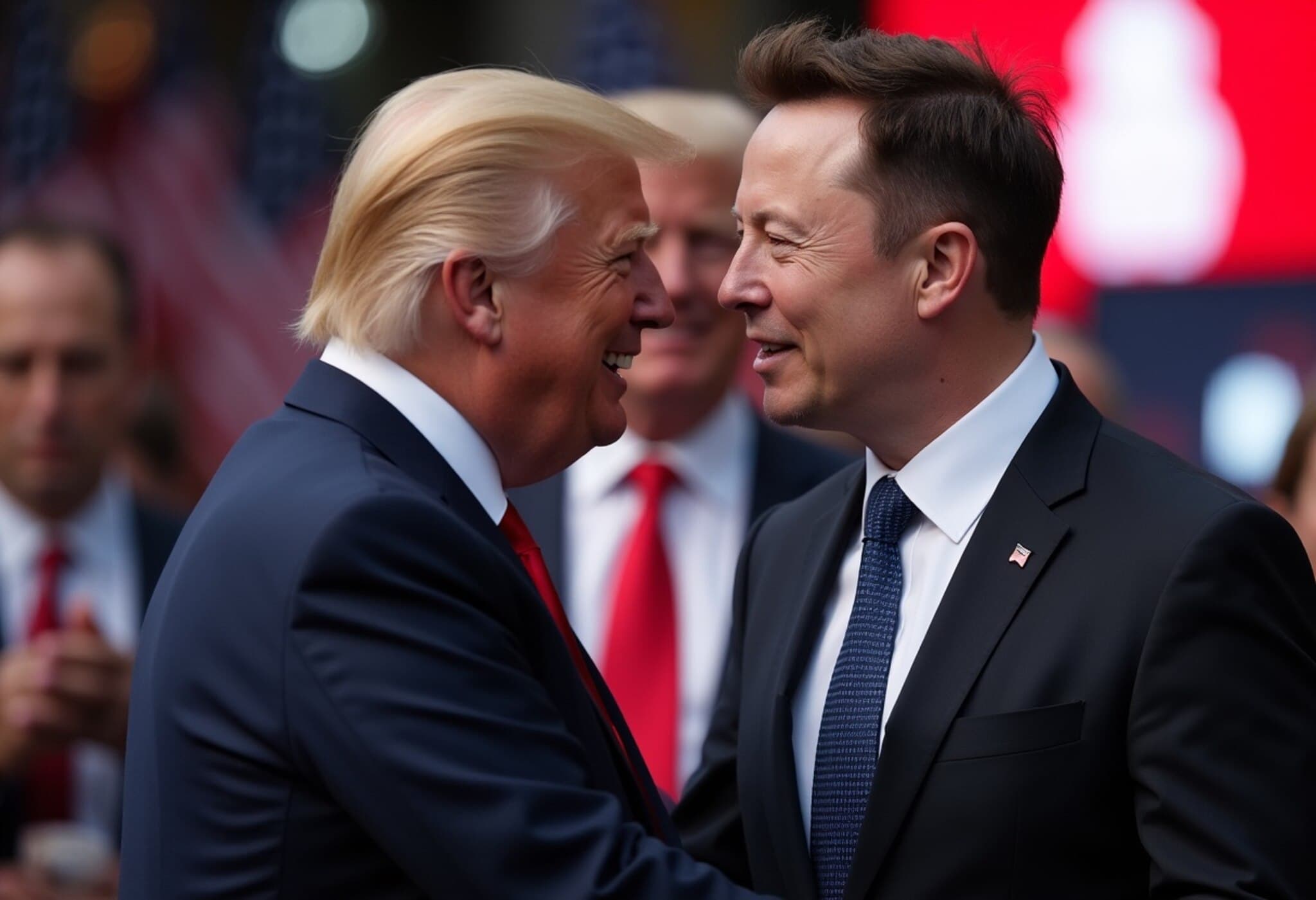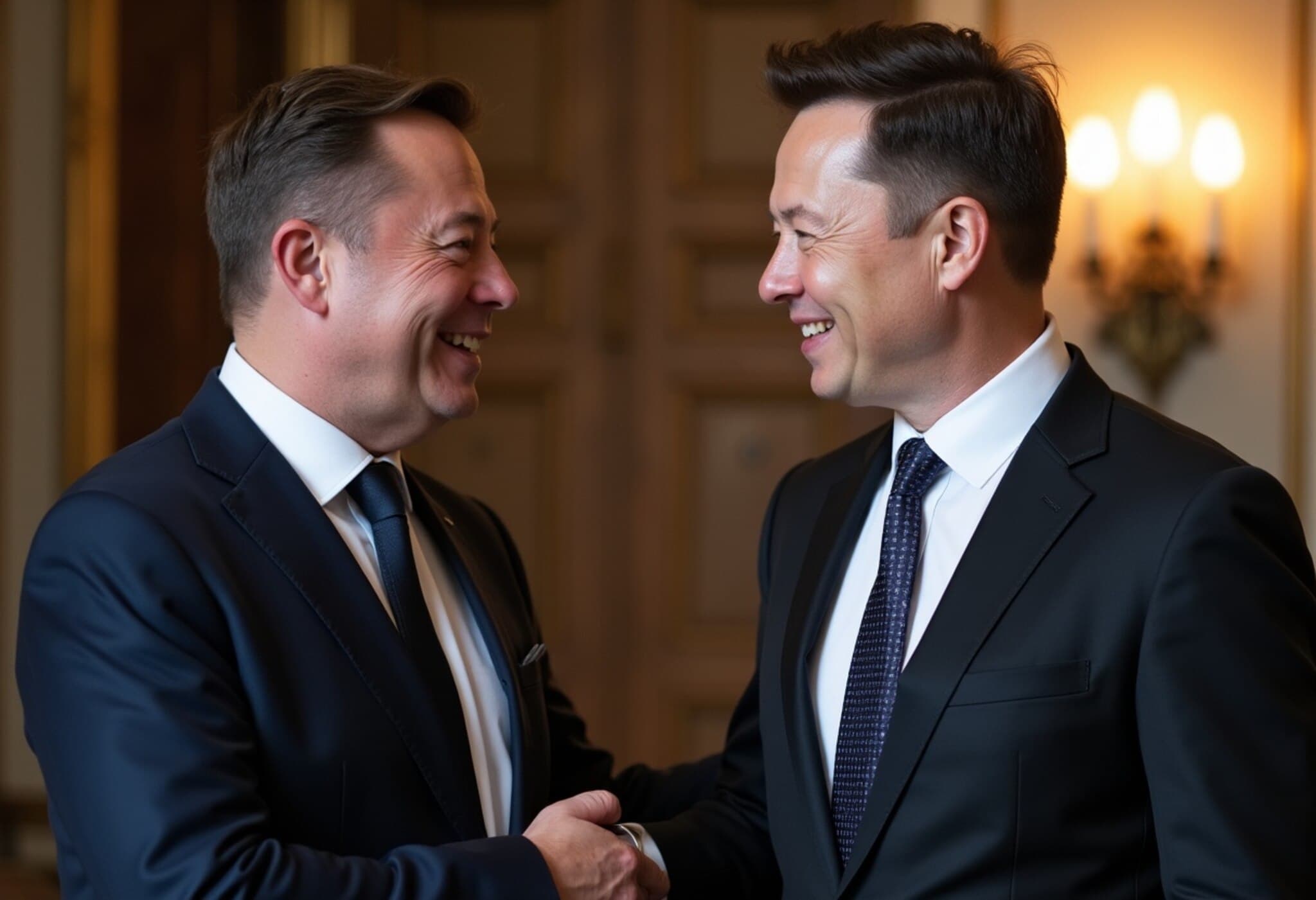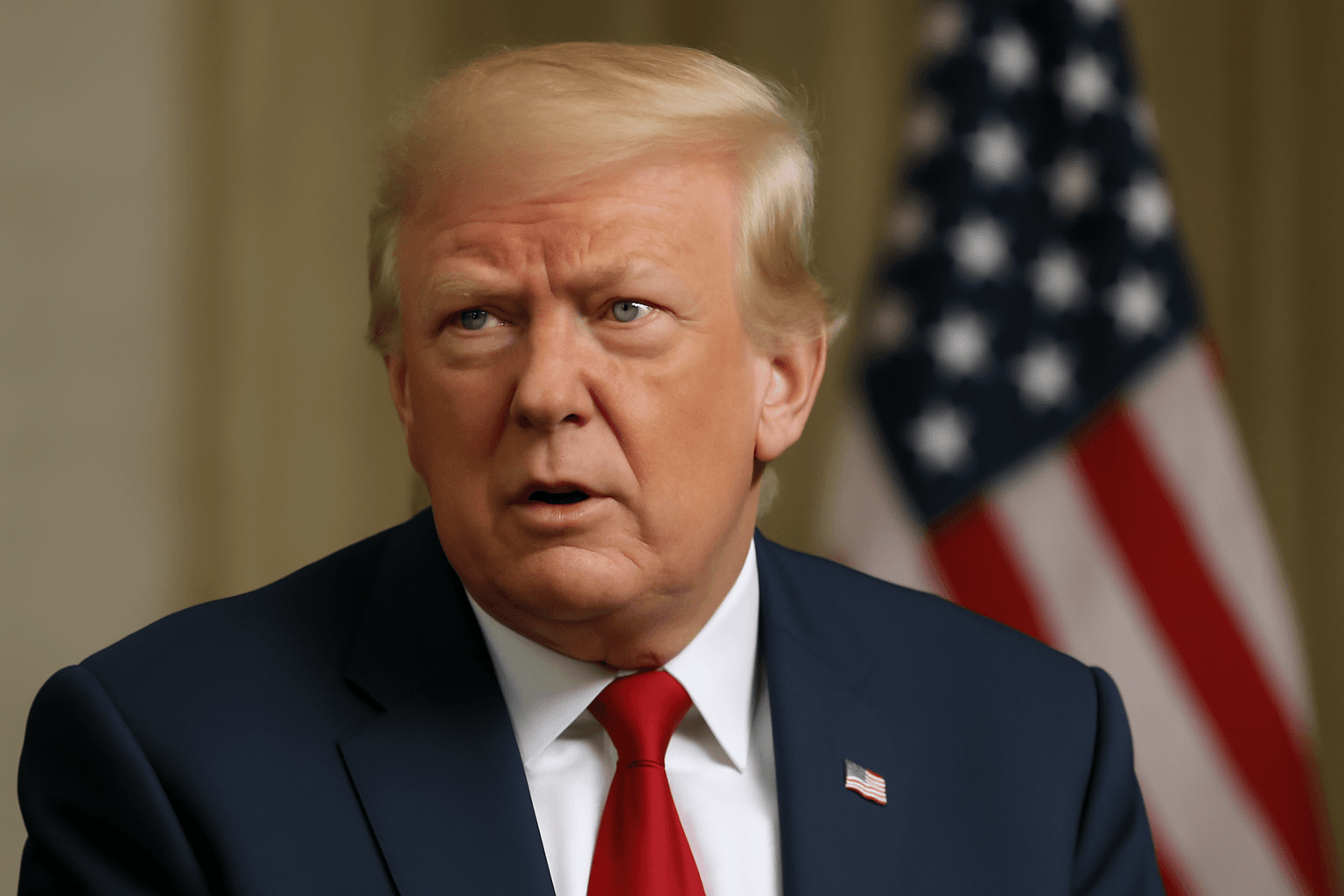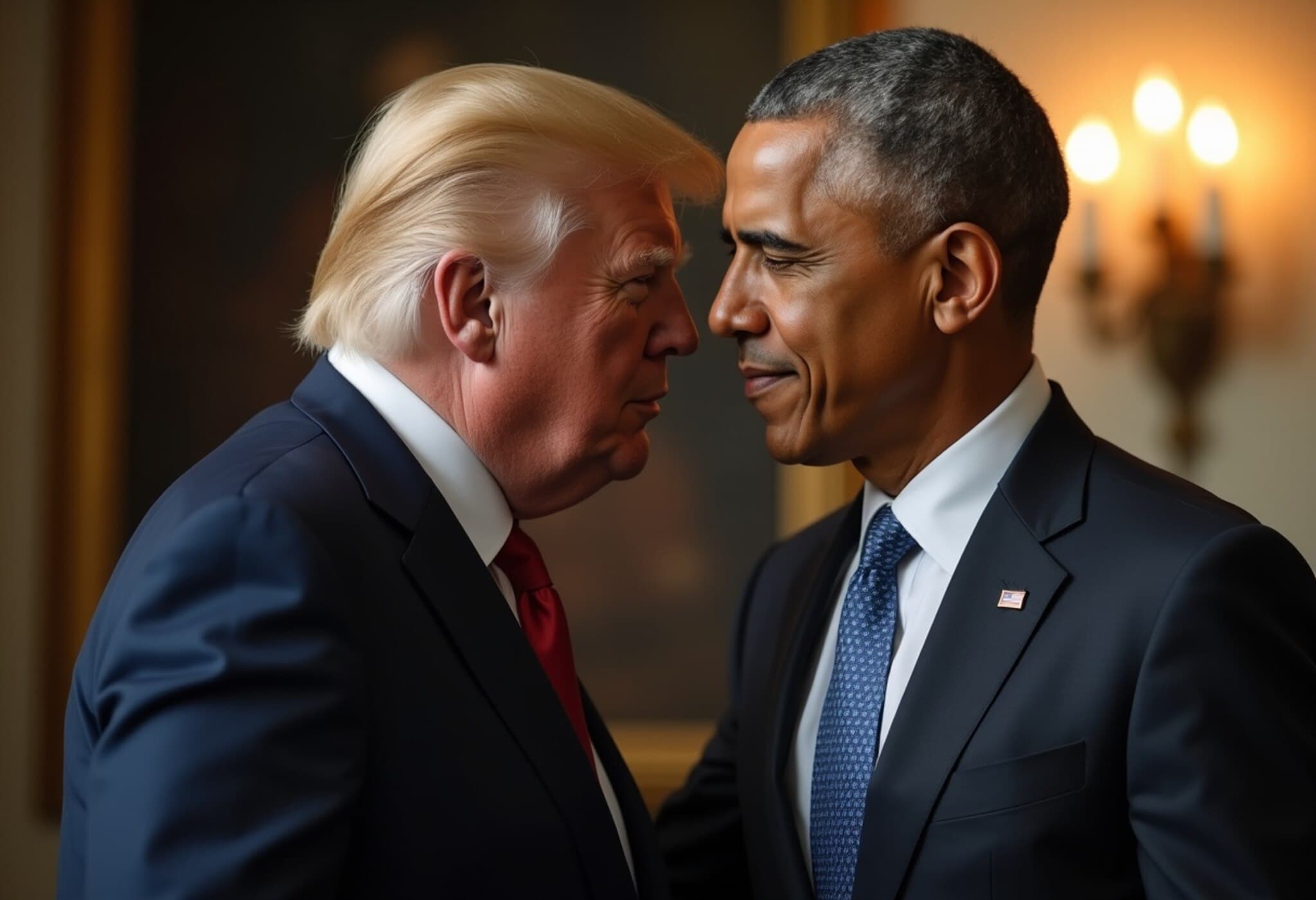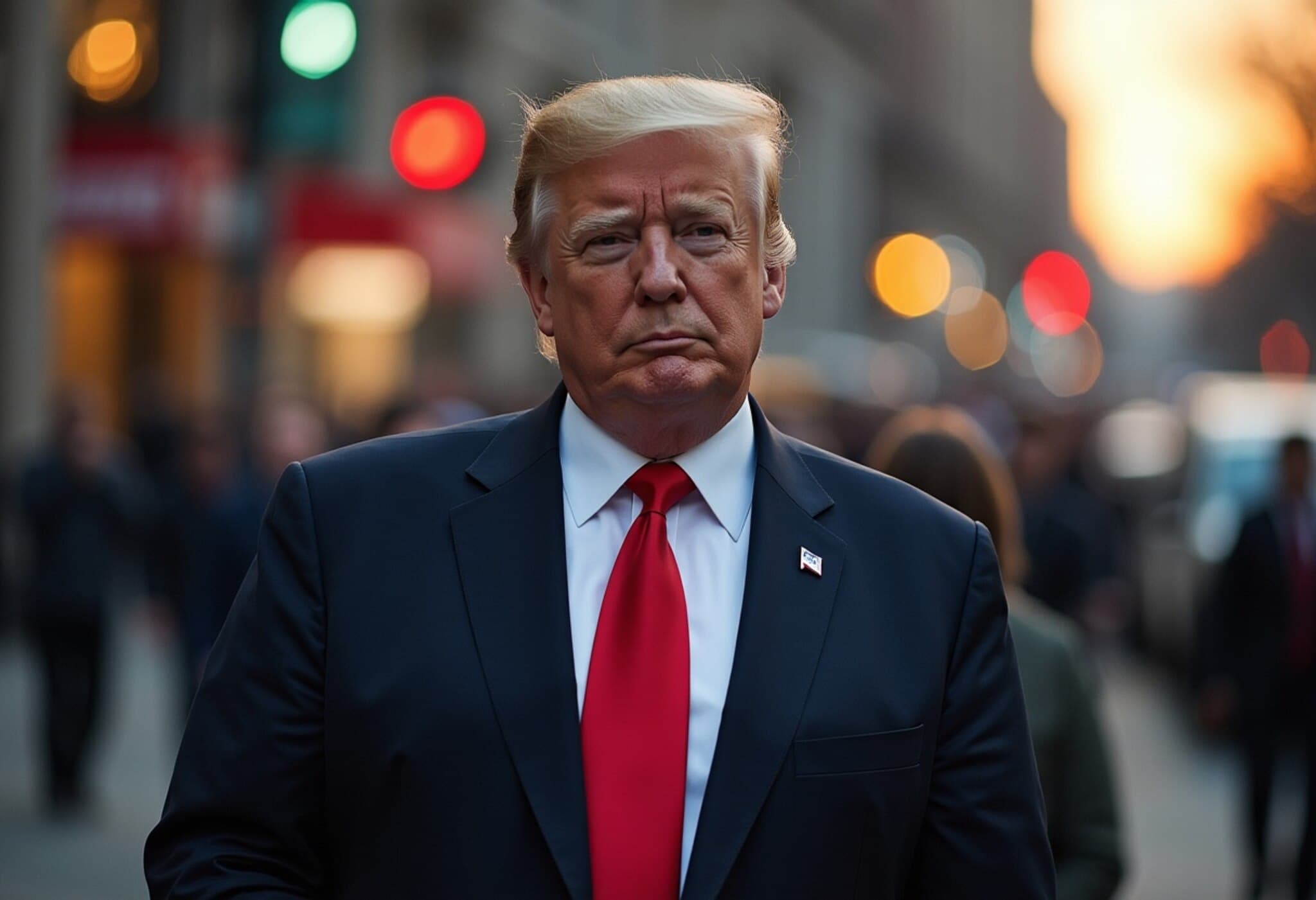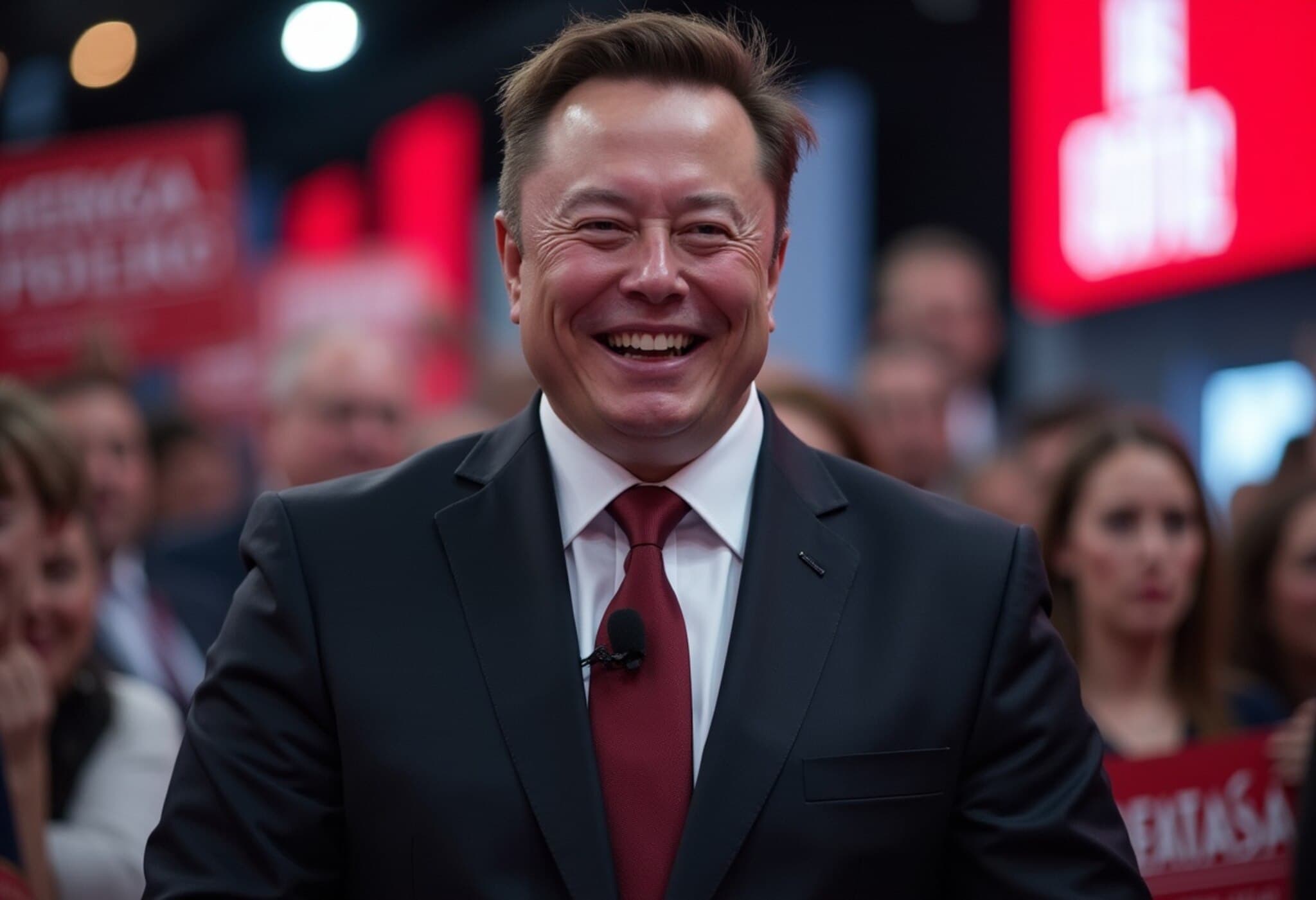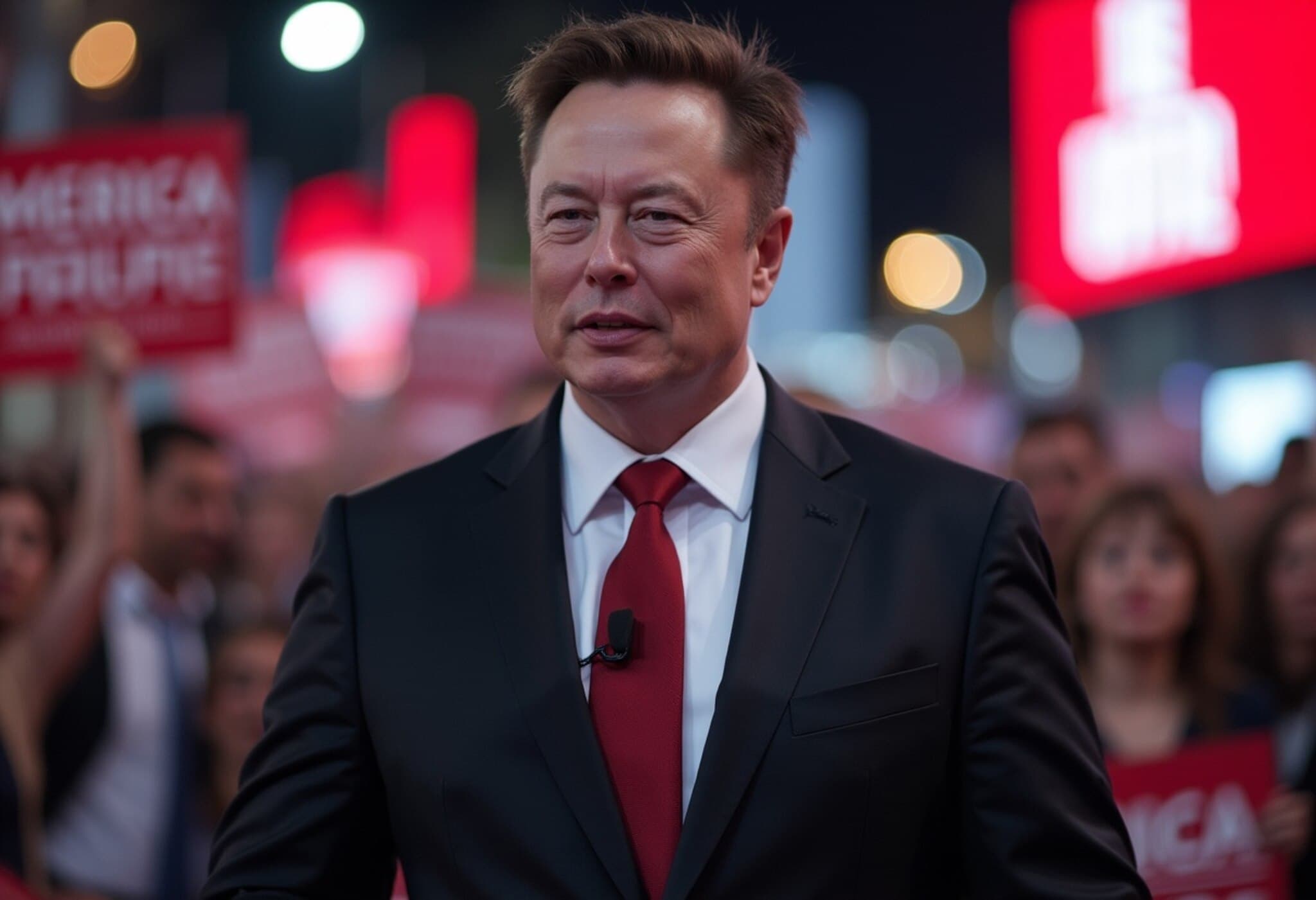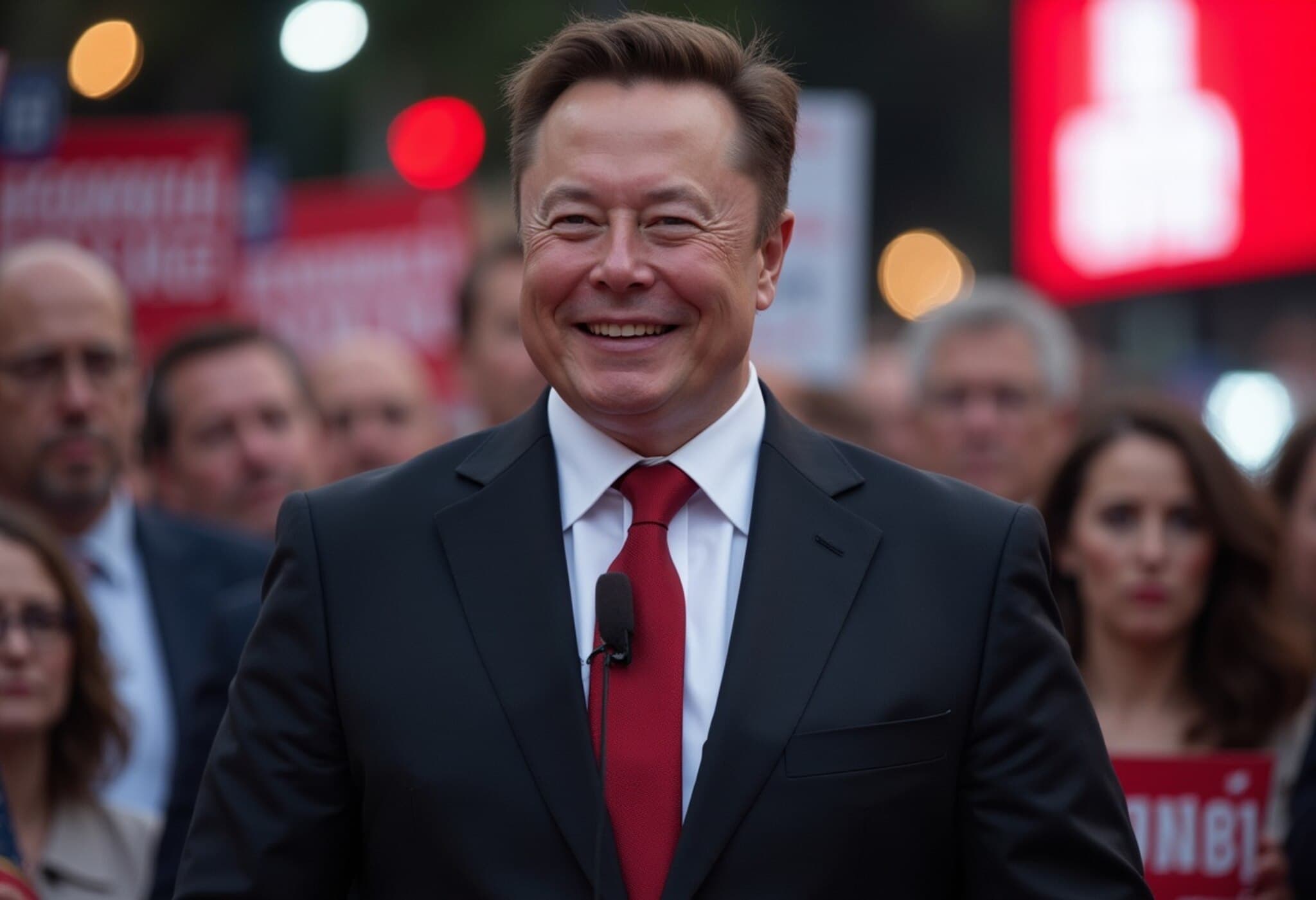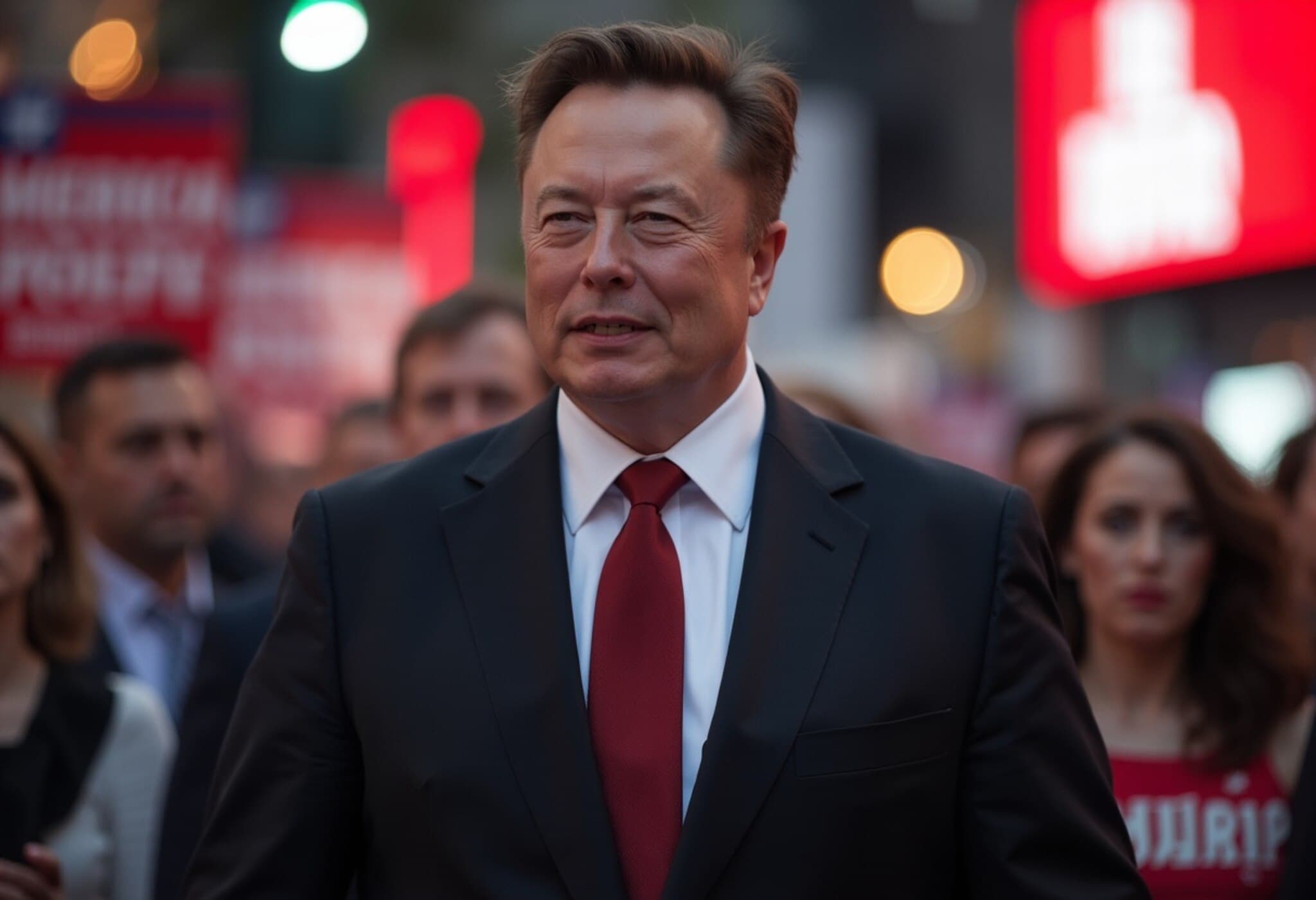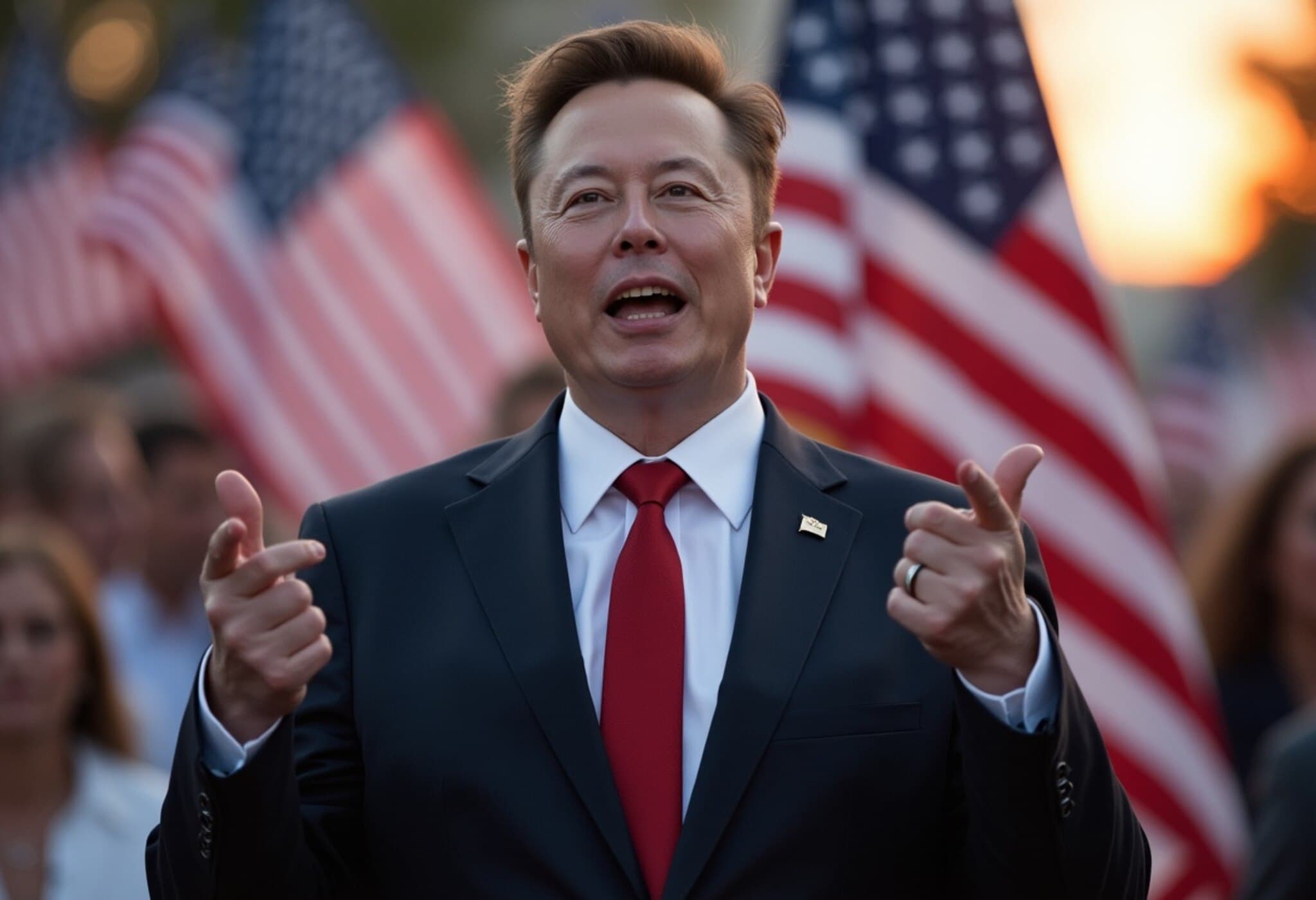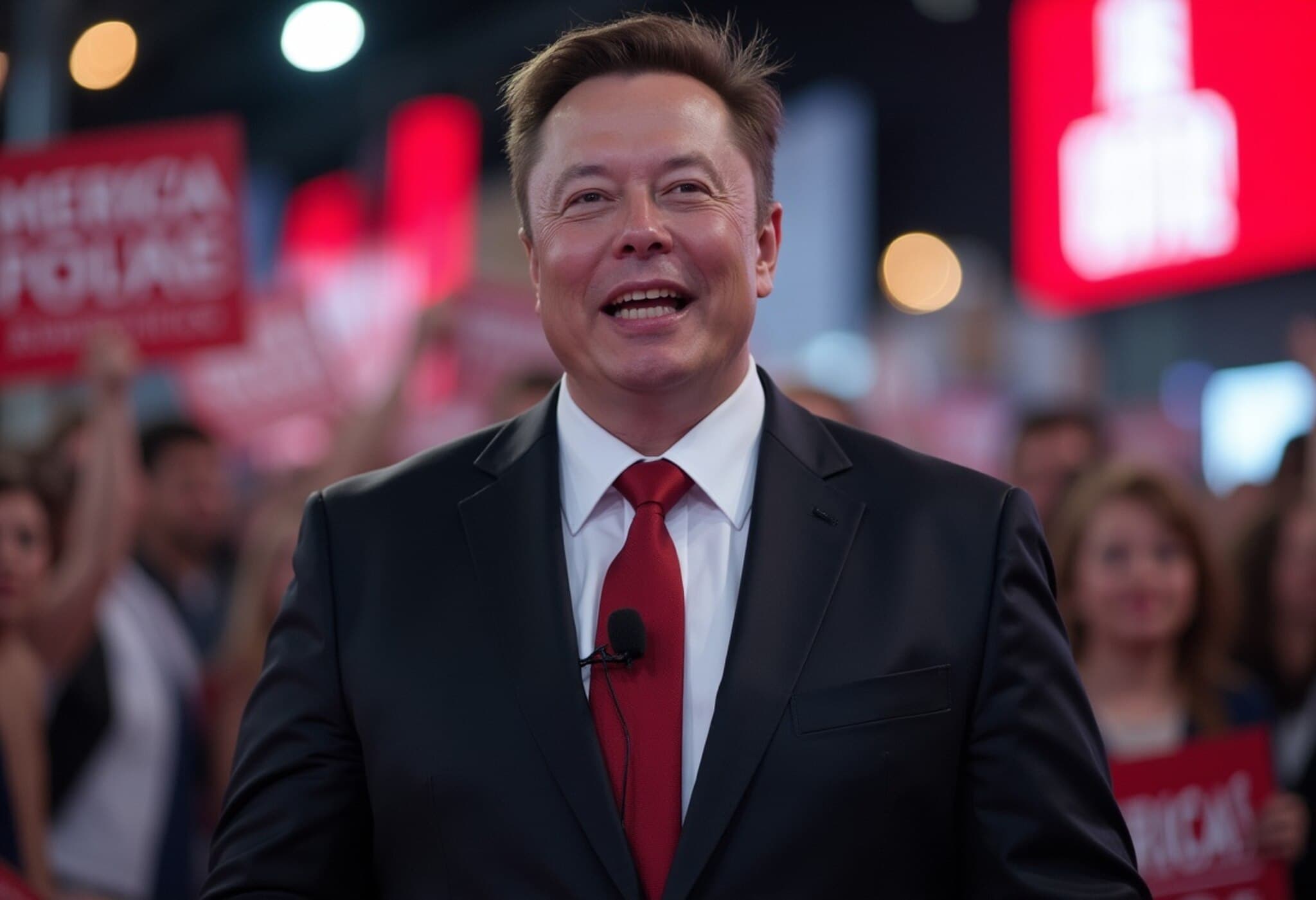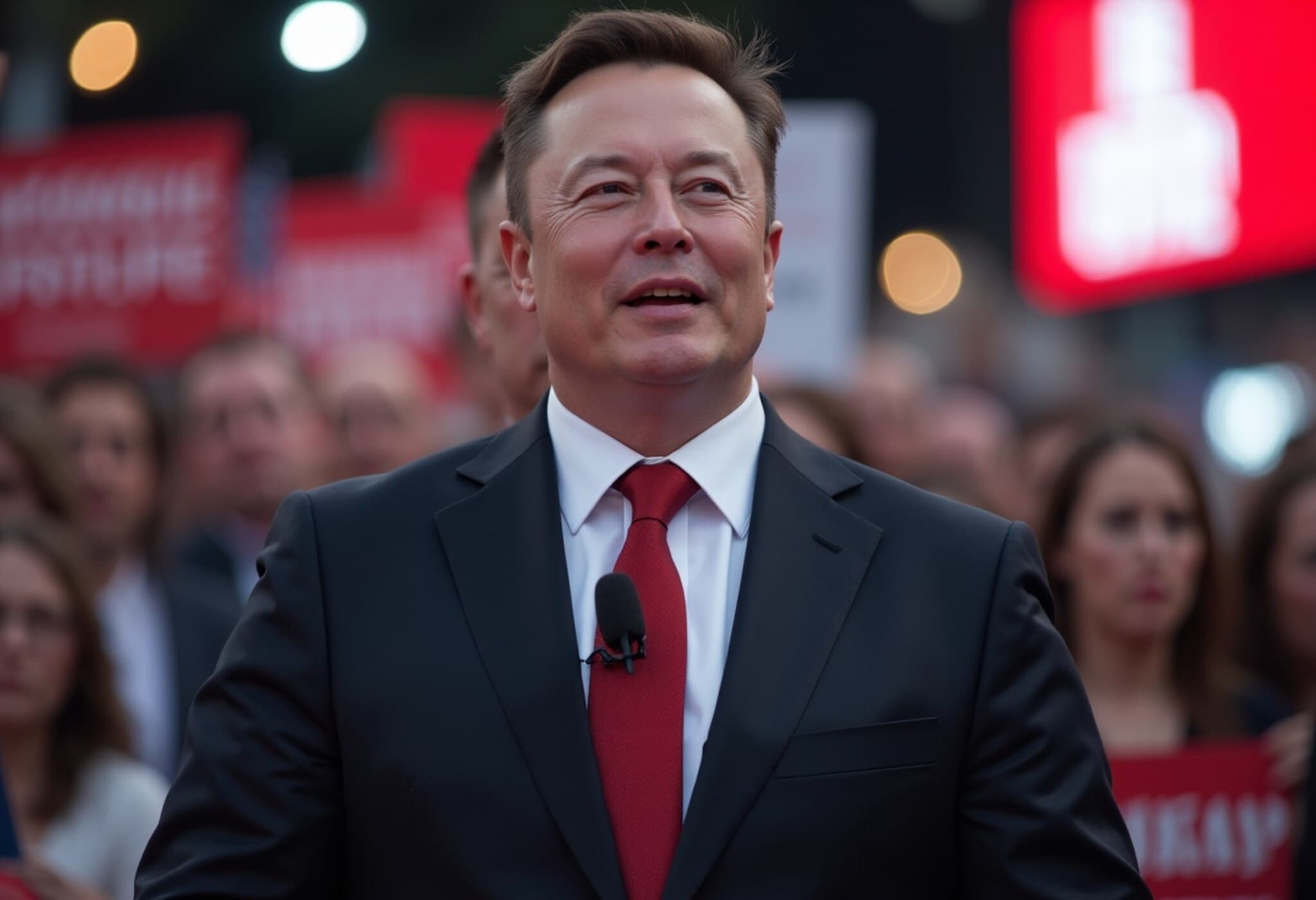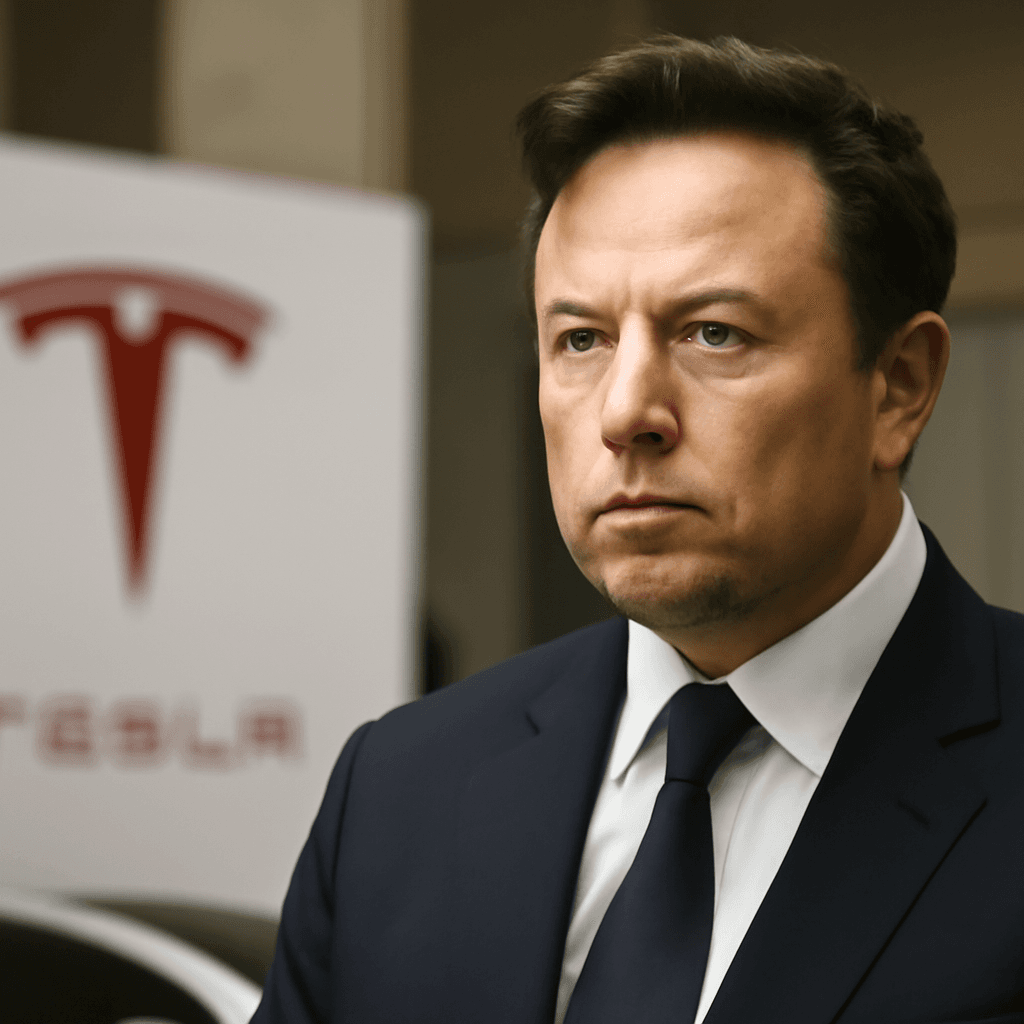Conservative Landscape Shifts as Laura Loomer Foresees Key Figures Aligning with Musk’s America Party
In a bold political forecast, prominent MAGA commentator and known Trump ally Laura Loomer has predicted that three influential conservatives—former Fox News host Tucker Carlson, Georgia Congresswoman Marjorie Taylor Greene, and Kentucky Representative Thomas Massie—may soon join Elon Musk’s freshly minted America Party. Loomer’s assertions, shared on social platform X, suggest a significant reconfiguration within right-wing politics, fueled by opposition to former President Donald Trump’s recent actions and policies.
Tucker Carlson: Beyond Traditional Trump Loyalty
Loomer labels Carlson as not a "true Trump supporter," pointing to his recent critiques of the Republican establishment. Despite lingering MAGA roots, Carlson has openly questioned the party’s effectiveness, describing GOP policy as "weak" and lacking resolve. Loomer speculates this dissatisfaction may propel Carlson towards Musk’s America Party as a strategic move "to spite President Trump." This prospect reveals deeper fissures within conservative media and political allegiances, highlighting a search for alternatives beyond Trump’s leadership.
Marjorie Taylor Greene: The Anti-Establishment Voice Embracing Musk
Congresswoman Greene has voiced explicit support for Musk’s stance against Trump’s "Big Beautiful Bill," a federal spending package that sparked widespread criticism among fiscal conservatives. Her public praise for Musk underscores her alignment with the America Party’s emphasis on budget discipline and downsizing government expenditure. Greene’s vocal dissatisfaction with congressional spending behavior positions her as a natural fit for Musk’s emergent political platform.
Thomas Massie: Fiscal Conservative Stance Fuels Potential Defection
Representative Massie, known for his stringent fiscal conservatism, notably opposed Trump-backed tax and spending initiatives, signaling a willingness to diverge from Trump when budgetary principles are at stake. Loomer highlights Massie’s rebellion against the bill and suggests he has the backing of enough Republicans to challenge the party’s traditional line. His probable alliance with the America Party reflects a broader trend of ideological realignment motivated by fiscal restraint and individual liberty priorities.
Understanding Elon Musk’s America Party: Freedom, Focus, and Political Impact
Elon Musk unveiled the America Party on July 5, framing it as a vehicle to "give you back your freedom." This launch followed Musk’s vocal opposition to recent federal spending, which diverged sharply from Trump’s approach. The America Party’s platform hinges on aggressive budget cuts, deregulation, and innovation-driven policies aimed at reshaping the political discourse around governance and economic freedom.
Political analysts emphasize the party’s potential influence in swing districts and key Senate and House races, despite its nascent organization. By applying "extremely concentrated force," the party aims to disrupt established two-party dynamics, appealing particularly to disillusioned conservatives, libertarians, and segments of the MAGA movement seeking alternatives to Trump’s increasingly polarizing brand of politics.
Broader Implications for American Conservatism
- Fragmentation within MAGA: Loomer’s prediction hints at fissures that could weaken Trump’s once-solid base, potentially diluting the MAGA movement’s influence in future elections.
- Rise of Libertarian-Style Fiscal Conservatism: With figures like Massie championing strict budget discipline, the America Party may serve as a rallying point for those prioritizing economic freedom over populist nationalism.
- Media’s Role in Shaping Political Alignments: Tucker Carlson’s expected move underscores how media personalities continue to shape political narratives and voter sentiments beyond traditional party lines.
Editor’s Note
The evolving dynamics within the conservative movement, underscored by Loomer’s predictions and Musk’s political gambit, invite close scrutiny. Could the America Party become a disruptive force that redefines conservative priorities, or will it remain a fringe contender overshadowed by the enduring influence of Trump? As the 2025 midterms approach, the answer may hinge on how voters balance demands for freedom, fiscal responsibility, and leadership loyalty. This emerging chapter in American politics challenges observers to rethink assumptions about party loyalty and ideological coherence in a fractured political landscape.

